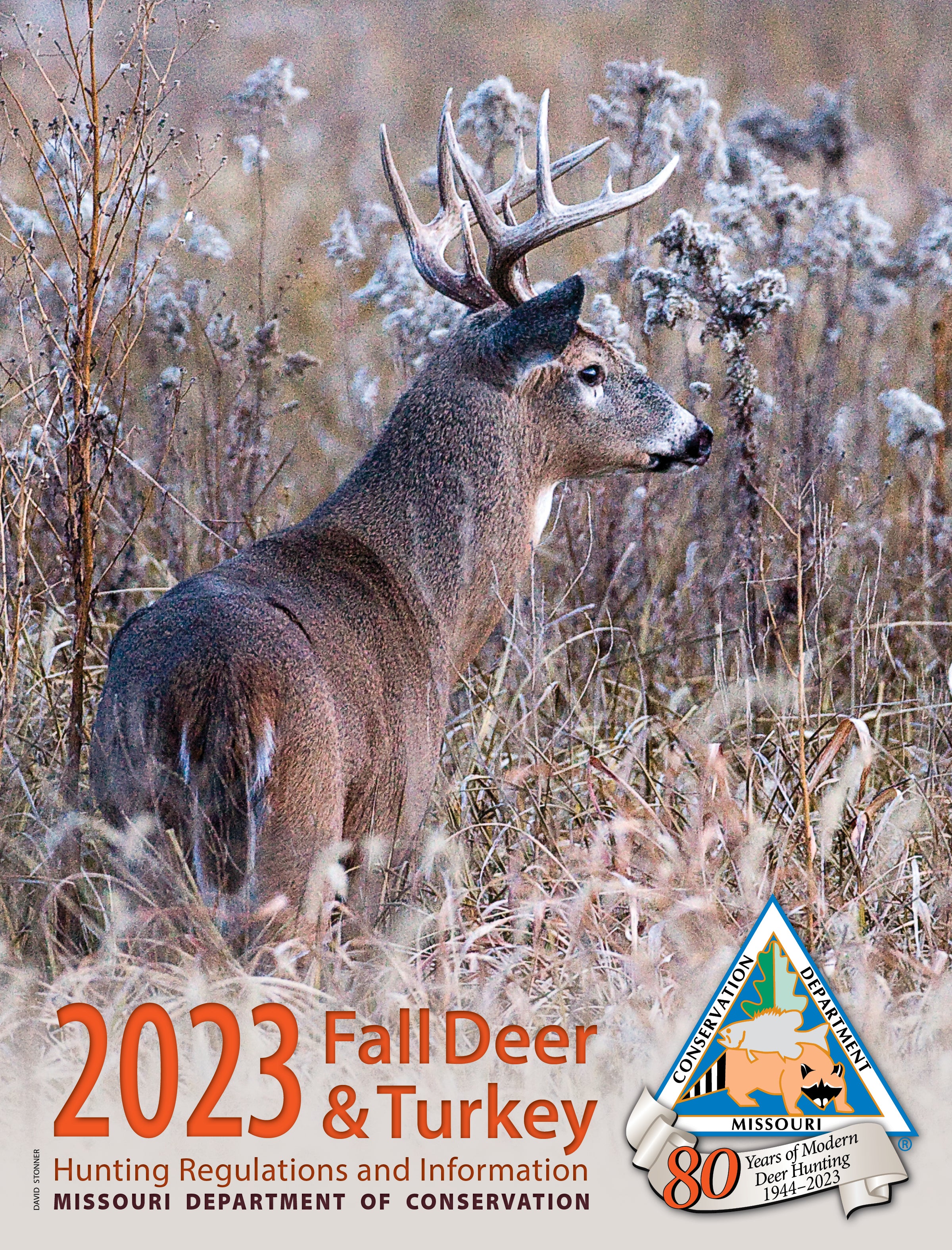Deer: Archery Allowed
Methods
Longbows, compound bows, and recurve bows of any draw weight
Crossbows
Hand-held string-releasing devices
Illuminated sights, scopes, and quickpoint sights
Atlatls
Longbows, compound bows, and recurve bows of any draw weight
Crossbows
Hand-held string-releasing devices
Illuminated sights, scopes, and quickpoint sights
Atlatls
























